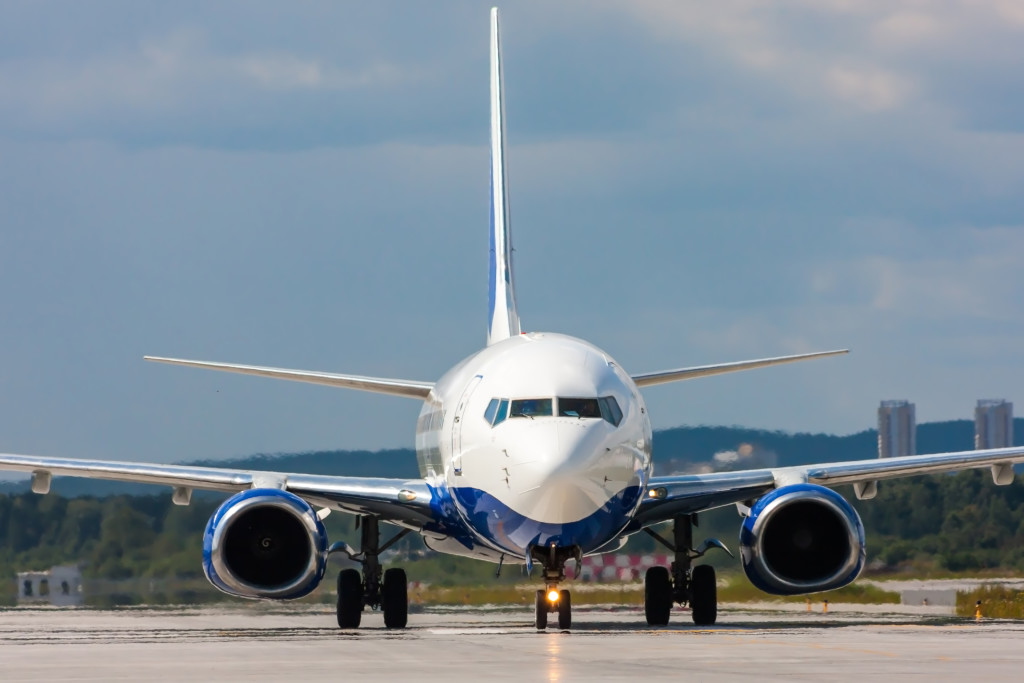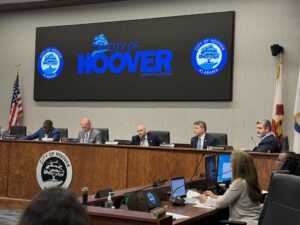Daniel Sutter: A tale of two debacles

In December, a winter storm grounded Southwest Airlines for nearly a week, even though major airlines quickly resumed service. In January, all flights were temporarily grounded due to the crash of a Federal Aviation Administration (FAA) system. The consequences of these debacles illustrate accountability in markets and politics. A winter storm across the northern United States snarled air and ground Christmas travel. But days after Christmas, Southwest was still canceling about half of its flights, almost ten times more than any other airline. Southwest’s disruption must then have involved additional factors. One appears to be Southwest’s point-to-point route structure in contrast with other airlines’ hub-and-spoke systems. This seemingly left many planes and crews stranded in weather-impacted cities. Failure of an outmoded crew tracking system is a second culprit, as it kept available crews from being used. The FAA’s Notice to Air Missions (NOTAM) system crashed on January 11, causing 7,000 flight delays and 1,000 cancellations. NOTAM delivers safety messages to flight crews prior to takeoffs, prompting the FAA to suspend takeoffs until the aged computers were back online. Neither debacle was unexpected since out-of-date technology was bound to eventually crash when stressed. Timely investment in new systems could have avoided the debacle. Why did this not happen, and what consequences have Southwest and the FAA faced? Gary Kelly was Southwest’s CEO from 2004 until early 2022 when current CEO Bob Jordan took over. Mr. Kelley’s background was in accounting, and he reportedly was not convinced of a sufficient return on investing to modernize crew communications. An alternative interpretation here is that the potential for December’s meltdown was too hypothetical to register in a cost analysis. New CEO Mr. Jordan was talking in November about overhauling antiquated systems, but then it was too late. The FAA’s failure combines the government’s long-standing underinvestment in infrastructure with mindless bureaucracy. The NOTAMs have been called useless. One aviation group described them as presenting “information in a coded, upper case, incredibly un-human-friendly format” and “overloaded with irrelevant information.” The NOTAMS included items like grass cutting at airports, resulting in reports upwards of 100 pages. Reason’s Christian Britschgi reports how two Air Canada pilots in 2017 missed a notice about a closed runway buried in a report and almost collided with four other planes. Let’s turn now to consequences. Mess-ups cost businesses customers and stock value. Stock markets are forward-looking; investors evaluate everything about a company, its competitors, and the economy to project future profitability. Once all current information is digested, stock price changes should reflect new information. Not surprisingly, Southwest’s stock price fell 11 percent between December 23rd and 27th, yielding a $2 billion loss based on market capitalization. The stocks for American, Delta, and United fell by only 2 to 3 percent over these days. A formal event study would be needed to confirm attribution, but markets punish businesses for mess-ups. Politics produces criticism. Transportation Secretary Pete Buttigieg has been ripped over the NOTAM failure and will likely face a Congressional hearing. Doing poorly as Transportation Secretary could degrade Mr. Buttigieg’s political prospects. But how many FAA bureaucrats will lose their jobs and pensions over this? Moreover, history shows that failure in the public sector frequently yields budget increases to “fix” the problem. Political “accountability” has produced continual technological obsolescence at the FAA. In the 1990s, the computers running America’s air traffic control system still used vacuum tubes, making the FAA scour the former Soviet bloc for spare parts. The FAA today tracks planes with paper flight strips instead of electronic slips like other developed nations; a partial transition may be completed by 2031. As Wired magazine noted, “Modernization, a struggle for any federal agency, is practically antithetical to the FAA’s operational culture, which is risk averse, methodical, and bureaucratic.” Every organization will make mistakes. Economic freedom necessarily entails the freedom for businesses to mess up. But because private businesses – unlike government bureaucracies – face financial penalties for their mistakes, businesses must improve or eventually face bankruptcy. Daniel Sutter is the Charles G. Koch Professor of Economics with the Manuel H. Johnson Center for Political Economy at Troy University and host of Econversations on TrojanVision. The opinions expressed in this column are the author’s and do not necessarily reflect the views of Troy University.
Mo Brooks introduces the Freedom to Fly Maskless Act

Congressman Mo Brooks has introduced a bill to prohibit the federal government from mandating masks, negative COVID-19 tests, and vaccinations on public transportation, including domestic flights. The Freedom to Fly Maskless Act aims to “limit the authority of the Department of Health and Human Services to regulate interstate commerce relating to communicable diseases, to amend title 49, United States Code, to limit the authority of the Federal Aviation Administration to regulate air commerce relating to communicable diseases.” In December, Southwest Airlines CEO Gary Kelly told the U.S. Senate Commerce, Science and Transportation Committee: “The statistics I recall is that 99.97% of airborne pathogens are captured by the [high efficiency particulate air] filtering system, and it’s turned over every two or three minutes. I think the case is very strong that masks don’t add much, if anything, in the air cabin environment. It’s very safe, and very high quality compared to any other indoor setting.” Original cosponsors include Reps. Paul Gosar, (AZ), Jeff Duncan (SC), Bob Gibbs (OH), Scott Perry (PA), Brian Mast (FL), Brian Babin (TX), Thomas Tiffany (WI), Mary Miller (IL), and Byron Donalds (FL). Brooks stated, “The American people are sick and tired of being dictated to by unelected Washington bureaucrats. As we have seen throughout the pandemic, the Department of Health and Human Services (HHS) has worked with other entities like the Transportation Security Administration (TSA) to impose masks, testing, and vaccination requirements. Unelected bureaucrats have falsely claimed the power to foist unnecessary and anti-science mandates on the American people. These mandates have resulted in good Americans being fired from their jobs, being jabbed with needles against their will, and even losing their businesses in some cases. It is time to throw off the heavy boot of tyranny that’s crushing the American spirit. Washington bureaucrats need reminding that America was founded on freedom and liberty.” Brooks concluded, “My bill, the ‘Freedom to Fly Maskless Act’ would prohibit unelected Washington bureaucrats from requiring masks, tests, and vaccinations on public transportation, including domestic flights. Each individual has the right to decide what health precautions they want to take when confronting Communist China’s lab-created virus or any future illness. Let me be clear, there is no amount of mandates and dictates that will end the COVID-19 pandemic. COVID-19 will continue to spread. Americans must learn to live with this virus because it’s going to be with us long-term. Continued mandates are not justified, and it’s long past time Americans return to our pre-pandemic lives.”


